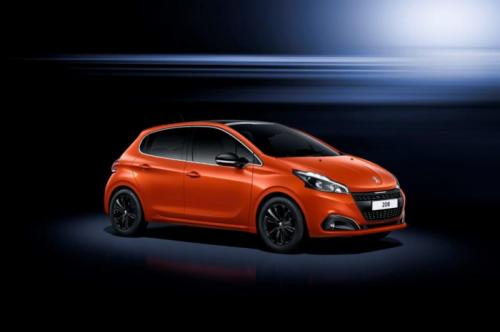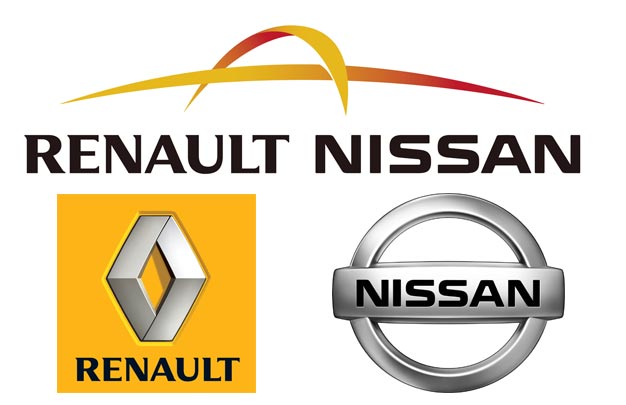Now Reading: French auto companies drive into Iran election
-
01
French auto companies drive into Iran election
French auto companies drive into Iran election

PSA and Renault are turning their U.S. absence into an Iranian benefit by stacking into a resurgent market still off-limits to foreign competitors afraid of sanctions under Donald Trump’s administration.
The French investment has been seized upon by Hassan Rouhani, the Iranian President, who is seeking re-election this week, as proof that his pursuit of a nuclear detente and attempts to bring in foreign cash will settle the economy.
PSA Group and Renault have pushed hard into Iran since its 2015 deal with countries that saw international sanctions lifted in return for curbs on Tehran’s nuclear activities. PSA has signed production deals worth 700 million euros ($768 million), while Renault has revealed a new plant investment to increase its production capability to 350,000 vehicles annually.
The French companies do not have manufacturing or sales operations in the United States. This makes them less susceptible to penalties for any offense of U.S. sanctions still in force which prohibit monetary transactions with Iran.
The possibility of a hardened U.S. position under President Trump – a consistent critic of the nuclear deal – has deepened the care of automakers with big American direct exposures.
Germany’s Volkswagen and BMW are one of those that have put Iranian ambitions on hold, market sources informed Reuters.
“We’re aware of the market potential in Iran but we can’t afford to take any dangers,” stated a source near Volkswagen. The company refused to discuss specific investment discussions.
PSA and Renault refused to share details of their Iranian operations. Previously this year, PSA’s Middle East chief Jean-Christophe Quemard acknowledged that the restored U.S. pressure under Trump was assisting his company remain ahead of foreign competitors who were holding back.
Stay Informed With the Latest & Most Important News
Previous Post
Next Post
-
 01Polestar Boss Says It’s Time To Outrun BMW M And Mercedes-AMG
01Polestar Boss Says It’s Time To Outrun BMW M And Mercedes-AMG -
 02Spy Shots: 2027 Mitsubishi Pajero Spotted in Testing Ahead of Possible U.S. Return
02Spy Shots: 2027 Mitsubishi Pajero Spotted in Testing Ahead of Possible U.S. Return -
 032026 Toyota Hilux EV: A Powerful Truck with Silent Torque
032026 Toyota Hilux EV: A Powerful Truck with Silent Torque -
![2027 Mercedes-Benz S-Class Debuts with V8 Engine [Photo Gallery]](https://speedlux.com/wp-content/uploads/2026/01/2027-Mercedes-Benz-S-Class-33-155x125.jpg) 042027 Mercedes-Benz S-Class Debuts with V8 Engine [Photo Gallery]
042027 Mercedes-Benz S-Class Debuts with V8 Engine [Photo Gallery] -
 052026 Corvette ZR1 Production Surges Past Expectations as Output Clears 1,000 Units
052026 Corvette ZR1 Production Surges Past Expectations as Output Clears 1,000 Units -
 06Spy Photos: VW ID. Polo GTI Goes Electric with 223 HP and 280 Miles of Range
06Spy Photos: VW ID. Polo GTI Goes Electric with 223 HP and 280 Miles of Range -
 07Hyundai Palisade’s Breakout Year Shows How Quickly the Market Can Turn
07Hyundai Palisade’s Breakout Year Shows How Quickly the Market Can Turn



![2027 Mercedes-Benz S-Class Debuts with V8 Engine [Photo Gallery]](https://speedlux.com/wp-content/uploads/2026/01/2027-Mercedes-Benz-S-Class-33-700x394.jpg)









































